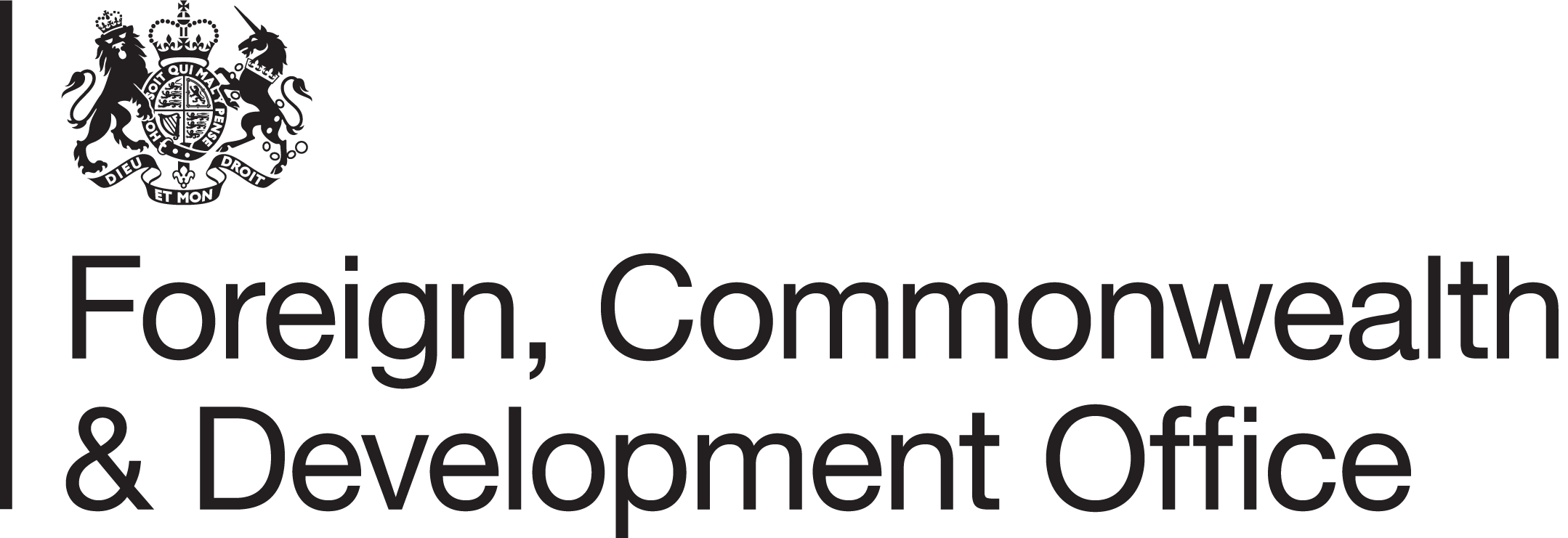Shockwatch - Land transparency initiative
Several initiatives have been launched in the last four years to provide for due process in agricultural investment and promote responsible investment in agriculture. Longer-standing initiatives also exist in other sectors, focusing specifically on transparency: notable examples are the Extractive Industries Transparency Initiative (EITI) for mineral resources, the Equator Principles on investment and the ‘Making the Forest Sector Transparent’ programme.
Attention has more recently turned to land deals and ways of promoting greater transparency. This is likely to be a focus of discussion at the G8 meeting in June 2013. This project aims to enable national and international policy makers to better understand what a land transparency initiative would need to achieve, what might be possible and how it could be achieved in practical terms, drawing on the aims and experiences of existing transparency initiatives.
This study will analyse four principal questions:
· What is the policy goal of a land transparency initiative, i.e. what would it aim to achieve?
· What models and provisions exist that such an initiative could draw on? What do they already cover in terms of transparency and governance, and what is missing?
· Is an additional initiative needed or can existing initiatives be tweaked to take additional aspects on board?
· What challenges exist in implementing a land transparency initiative?
The study would conclude by providing advice on best practices in transparency initiatives (what has worked and what has not) with suggestions of key issues to consider in moving forwards with a land transparency initiative, including the political feasibility of doing so.
The results are intended to provide a useful tool for development partners and African governments to understand the implications of different land governance and transparency initiatives, and possible options for negotiation.
Staff
-
Anna Locke
Senior Research Associate
-
Giles Henley
Research Fellow
